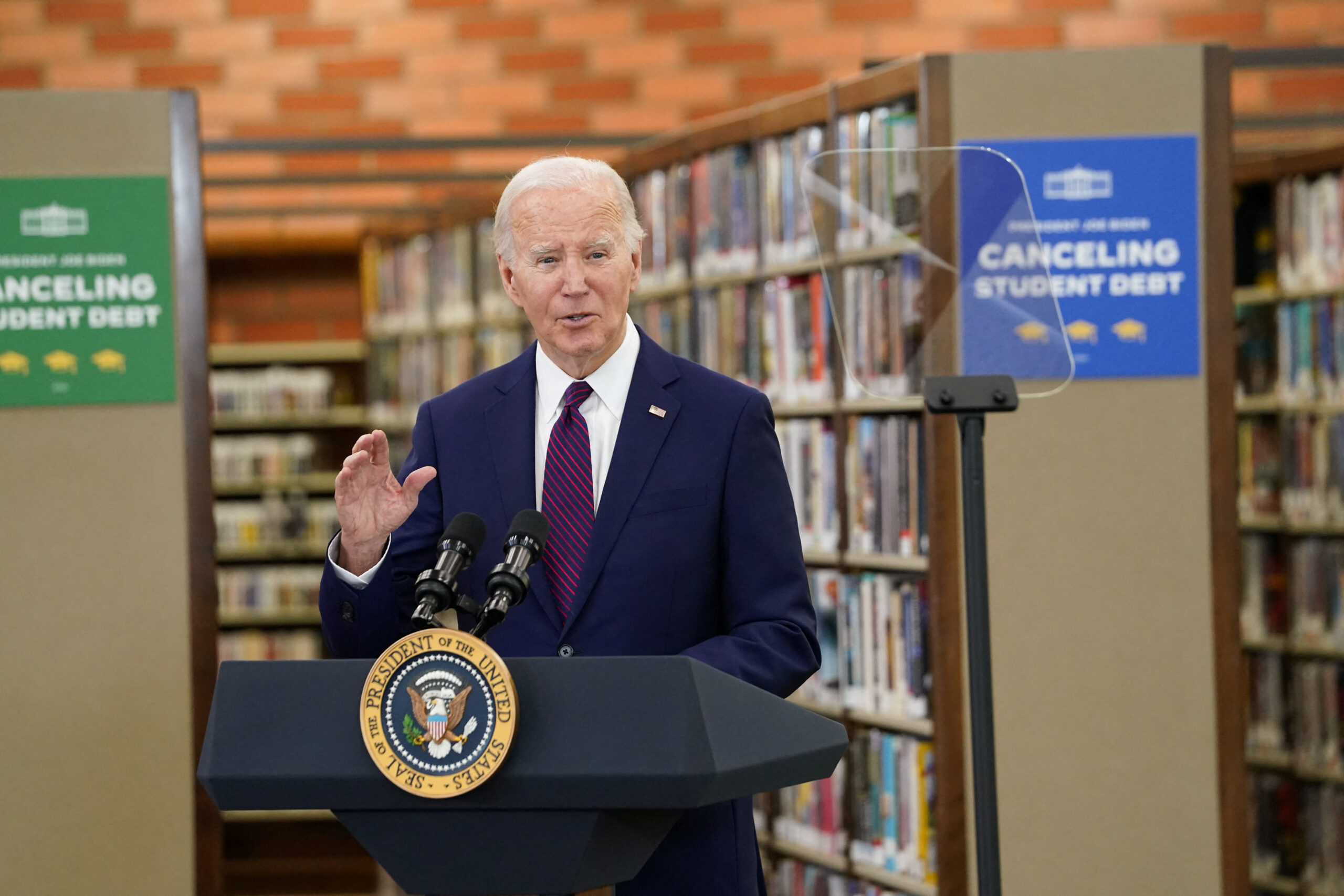The United States has introduced fresh sanctions targeting over 300 individuals and entities accused of aiding Russia’s actions in the Ukraine conflict, extending to firms located in China, South Africa, the United Arab Emirates, and Turkey.
US Treasury Secretary Janet Yellen stated on Wednesday that these measures are aimed at disrupting Moscow’s access to essential materials and equipment necessary to sustain the conflict. Yellen emphasized the heightened risk for financial institutions engaging with Russia’s war economy, aiming to eliminate avenues for evasion and curtail Russia’s ability to benefit from foreign technology, equipment, software, and IT services. She highlighted Russia’s continued commitment to sustaining its unjust war against Ukraine, at the expense of its own future.
In response, Russia’s Ministry of Foreign Affairs spokesperson Maria Zakharova, as reported by the state-run TASS news agency, declared that Moscow would retaliate against such aggressive actions.
Among the targeted entities are the Moscow Exchange, a key platform for Russia’s public markets, UAE-based Red Coast Metals Trading, and Chinese companies Hangzhou Keming Intelligent Technology and Shandong Oree Laser Technology.
The White House national security spokesman John Kirby emphasized earlier that the US will address China’s policies that contribute to negative global impacts, despite China’s denials of supplying weapons to Russia.
Under these new measures, the US will expand its definition of the “military-industrial base” to impose secondary sanctions on foreign financial institutions engaging with sanctioned entities. Additionally, the US Department of Commerce announced the blacklisting of eight addresses in Hong Kong, aimed at disrupting shell companies believed to be diverting semiconductors to Russia.
These sanctions were unveiled as US President Joe Biden arrived in Italy for the annual G7 summit, where discussions are expected to revolve around strengthening support for Ukraine and seeking a ceasefire in Gaza, among other global issues.










